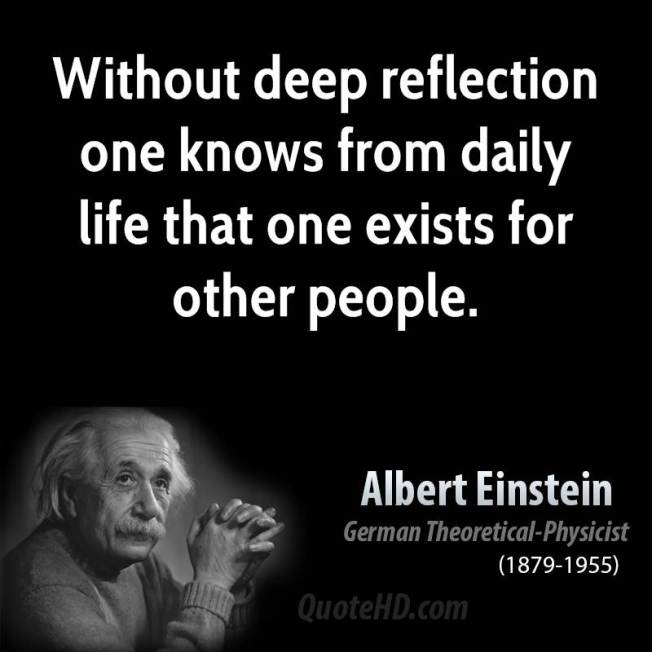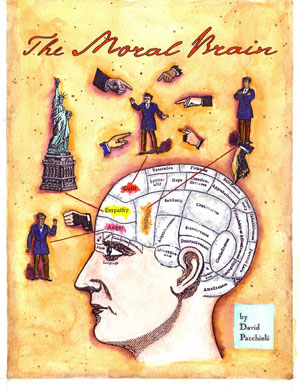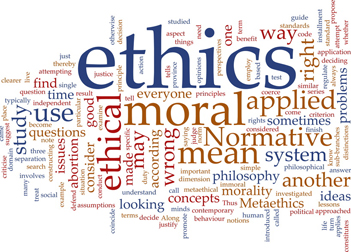The Physiopedia PHT402 Professional Ethics Course has been such an exciting CPD activity and eye-opening experience. It is a blessing to be able to connect with physiotherapists and students from different walks of life, all around the globe, as each on of us have valuable and diverse perceptions and opinions to share. It has been an amazing journey, brainstorming, writing and discussing challenging and thought-provoking moral and ethical dilemmas of life and physiotherapy practice. This will be my final blog post reflecting on the PHT402 course and my learning portfolio.
The themes I found particularly difficult was equality, torture and assisted dying. These topics challenged me to objectively look both sides of the coin and argue the point of view or opinion I share. I tried to look at it, firstly as a human being and secondly as a health care professional. After receiving some feedback from my peers, I realised that I kept my distance from sharing too much of my professional experience in every post, as I felt that I may become judgmental if I try and use patient experiences and analyse their behaviour or decisions. In addition to my weekly post, I wrote a reflective post after reading and discussing with other participants the theme of the week on my original blog post and theirs, which made it easier to identify areas I need to develop and summarise opinions and perspectives. As in life, there were some participants who did not share my opinion on or perception of various topics/themes, but I respect this difference of opinion and accept that it is their prerogative to freedom of speech and expression. Furthermore, I applaud the brave participants who went against the grain and who took an honest look at themselves and/or their lives and admitted their fears, shortcomings, challenges and personal experiences. It is a wonderful opportunity to be “forced” to be open-minded and take a good, hard look at yourself, your life and your practice. I will definitely incorporate what I have learned in my life and practice. Mostly to be careful of becoming too involved with my little patients and truly respect the decisions and opinions of all my patients, while still following the rule of the law.
It was really hard for me to write my blog post on equality, as I had so much to say and found myself jumping around and not settling on a specific direction. Growing up and living in South Africa, I had to be sensitive and really search high and low to find diverse and relatable information on equality. It was so interesting to read the posts by my fellow participants residing in a different country, experiencing equality, as a global issue and struggle. To sum up my opinion on equality… Equality is an idealistic notion. Due to political and social interference, inequality is more common in reality. You have no right to judge or discriminate against another human being because you don’t approve of their choices or behaviour. It is with sensitivity and an open mind that we need to approach matters of equality, as seen in the current debate on marriage equality, racism, sexual orientation and gender identity. I believe that focusing on how you act and engage with others, is what is important. It is a personal goal to try and see people without judgement, as your equal, a human being, deserving of equal respect, protection, understanding, kindness and care. This should be carried forward into our practice as health care professionals.
Week 4’s theme of torture really touched me deeply. Just imagining being tortured or someone I loved being tortured gave me such an emotional reaction that it took me some time to gather my thoughts and start researching this topic objectively. The discussion on my blog post and many other participants’ blogs, revolved around when we condemn torture for one reason but perceive it as acceptable for another. I am still of the opinion that the concern needs to be on the protection of the human rights of all human beings. I believe we should respect the rule of law and the principle of upholding fundamental rights and freedoms, for all, even when we personally feel that a person (terrorist or criminal) is not deserving of any rights as a human being. This is particularly important in clinical practice where student-physiotherapists and physiotherapists in public health sector are faced with treating incarcerated human beings. As health care professionals we must treat all our patients equally without judgement and not allow or cause them any discomfort or pain as a result of refusing or delaying treatment (as seen in the Steve Biko case). It is sad that torture is still in practice, globally, behind closed doors in police and military custody.
This 5th week’s theme of assisted-dying and end-of-life decision-making, was difficult for me as a physiotherapist (who is trained to improve quality of life) and a Buddhist (who believes in freedom from suffering), trying to objectively see and argue both sides of the coin without judgement. I have no idea what my choice will be when I am in a situation where I am given the choice or when it comes up in a discussion again. That is the beauty of life, we grow, we change, we evolve. I know that my opinion and perspective on this will change as my life changes in the years to come. Exploring the relationship and comparison between passive involuntary assisted-dying (legalised abortion) and voluntary assisted-dying (the last human right) helped me put things in perspective. After reading my fellow participants’ blogs, I conclude that everyone has the right to life and to be treated with dignity and respect, in life and death.
I would like to thank all my fellow participants for reading my posts and engaging discussions on these sensitive topics that we face on a daily basis in life and practice. I will leave this course as a better human being with a new found understanding and goal, to live a balanced life, cherish human compassion and seek further understanding of the complexity of human connection.
I will leave you with “The Physics of the Quest”, something to live by:
“If you are brave enough to leave behind everything familiar and comforting;
and set out on a truth-seeking journey;
and if you are truly willing to regard everything that happens to you on that journey as a clue;
and if you accept everyone you meet along the way as a teacher;
and if you are prepared, most of all, to face and forgive some very difficult realities about yourself;
Then truth will not be withheld from you.”
Elizabeth Gilbert: Eat, Pray, Love
_________________________________________________________________________
For PHT402 Professional Ethics Course: Week 6: Overview


